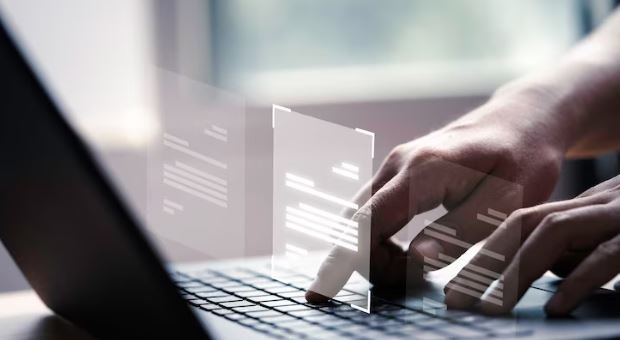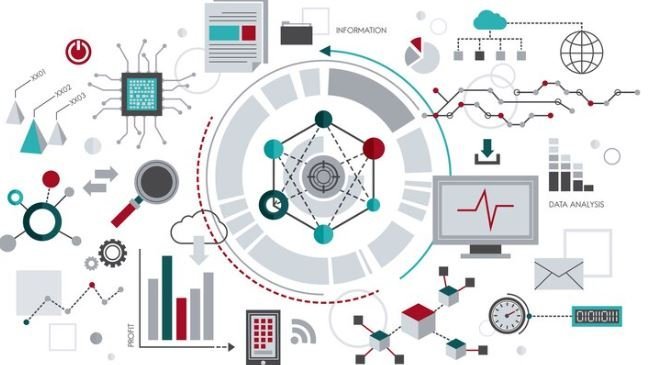Information Processing Theory is a fundamental framework that explains how our brains take in, store, process, and retrieve information. It provides insights into the cognitive processes involved in human learning, problem-solving, decision-making, and memory.
This comprehensive guide aims to unravel the mysteries behind information processing theory and shed light on its key concepts, stages, and applications in psychology.
The History and Development of Information Processing Theory
The roots of Information Processing Theory can be traced back to the cognitive revolution of the 1950s and 1960s. During this period, cognitive psychologists shifted their focus from behaviorism to understanding the mind’s internal processes.
Pioneers such as George Miller and Ulric Neisser laid the foundation for information processing theory by exploring how humans perceive, encode, store, and retrieve information. Their groundbreaking research paved the way for further advancements in the field.
Key Concepts and Components of Information Processing Theory
At its core, information processing theory consists of three key components: sensory memory, working memory, and long-term memory. Sensory memory acts as a temporary buffer, holding sensory information briefly.
Working memory, also known as short-term memory, is responsible for actively processing and manipulating data. Lastly, long-term memory stores information for an extended period, allowing for retrieval when needed. These components work together to process and make sense of the vast information we encounter daily.
The Stages of Information Processing
Information processing involves stages that transform incoming information into meaningful knowledge. The first stage is encoding, where data is initially received and converted into a form that can be stored.
Next comes storage, where information is retained in the memory system. Lastly, retrieval takes place when stored information is recalled or accessed. These stages are interconnected and crucial for effective information processing.
The Role of Attention in Information Processing
Attention plays a vital role in information processing, as it determines what information is selected for further processing. Selective attention allows us to focus on relevant stimuli while filtering out irrelevant or distracting information.
Divided attention occurs when we allocate our attention to multiple tasks simultaneously. Attention is a limited resource, and our ability to effectively allocate it plays a significant role in our cognitive processes.
Memory Processes in Information Processing
Memory is a crucial aspect of information processing theory. Our ability to encode, store, and retrieve information relies on various memory processes. Encoding involves transforming information into a format that can be stored in memory.
Storage is the process of retaining information over time. Retrieval refers to the act of accessing and recalling stored information. Understanding these memory processes provides valuable insights into learning, remembering, and using information.

Problem-Solving and Decision-Making in Information Processing
Information processing theory also sheds light on our problem-solving and decision-making abilities. It suggests we engage in a systematic process when faced with a problem or decision. We gather and analyze information, generate potential solutions, evaluate their effectiveness, and decide based on the available information.
This cognitive process allows us to make informed choices and solve complex problems in various domains of life.
Applications of Information Processing Theory in Psychology
Information processing theory has numerous applications in the field of psychology. It provides a framework for understanding cognitive development in children, learning disabilities, and cognitive aging. It is also utilized in educational settings to design effective instructional strategies and optimize learning environments.
Information processing theory has also been applied in the study of perception, language processing, problem-solving, and decision-making.
Examples of Information Processing Theory in Everyday Life
Information processing theory is not confined to academia and research laboratories. It permeates our everyday lives, shaping how we interact with the world around us. For instance, when we read a book, our brain processes the words, extracts meaning, and stores the information for future use.
Similarly, when we solve a complex problem, we employ strategies to break it down into manageable parts, analyze the data, and arrive at a solution. These examples illustrate how information processing theory is intricately woven into our daily experiences.
Criticisms and Limitations of Information Processing Theory
Like any psychological theory, information processing theory is not without its criticisms and limitations. Some argue that it oversimplifies complex cognitive processes and underestimates the role of emotions and social factors in information processing.
Others contend that it focuses primarily on individual cognition and neglects the influence of cultural and contextual factors. While these criticisms highlight essential considerations, they do not invalidate the valuable insights information processing theory provides.
Conclusion
In conclusion, information processing theory comprehensively explains the cognitive processes involved in perception, attention, memory, problem-solving, and decision-making. Its key concepts, stages, and components provide a roadmap for unraveling the inner workings of the human mind.
By delving into the history, development, and applications of information processing theory, we gain valuable insights into how our brains process information and make sense of the world around us.


